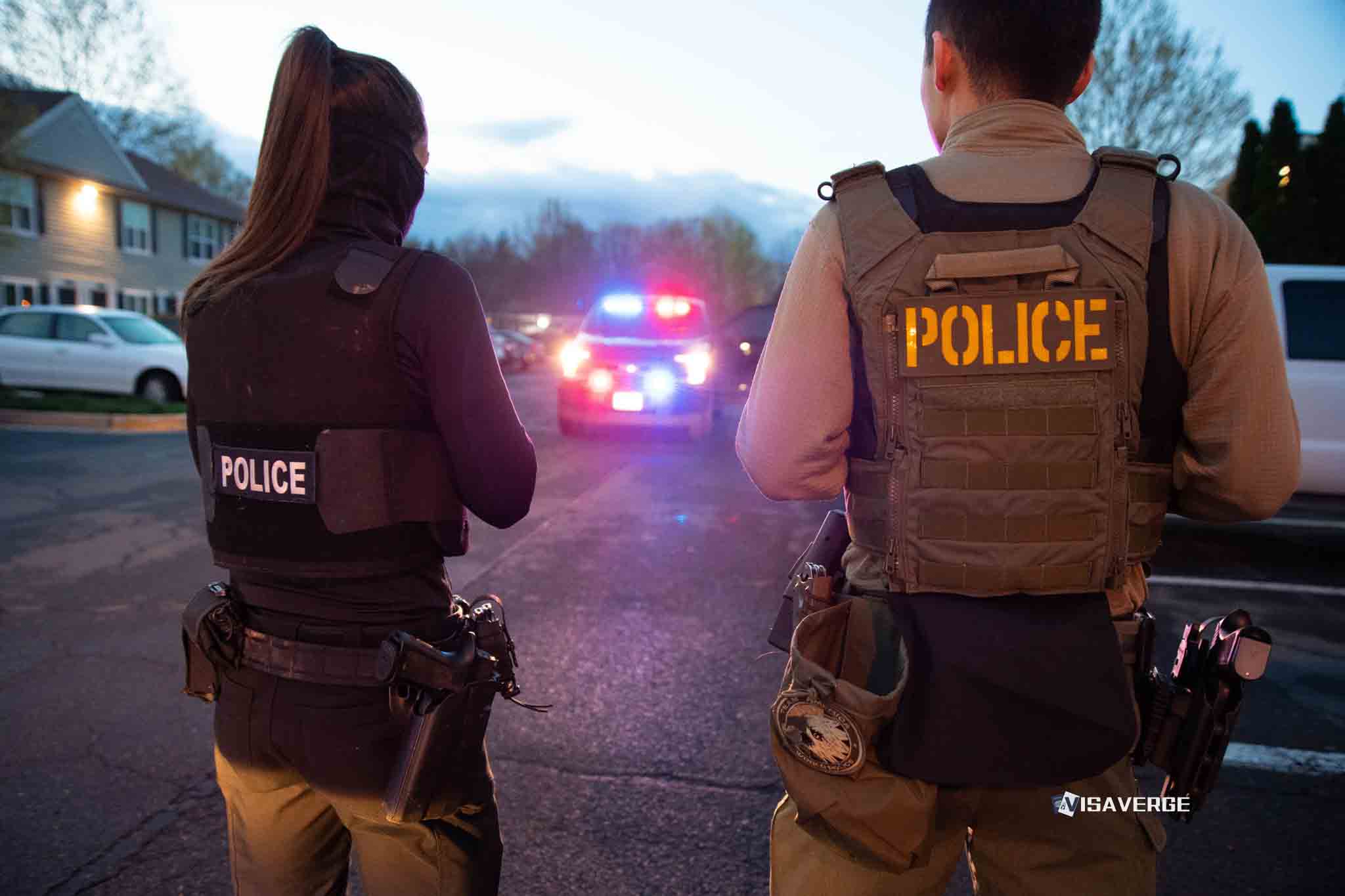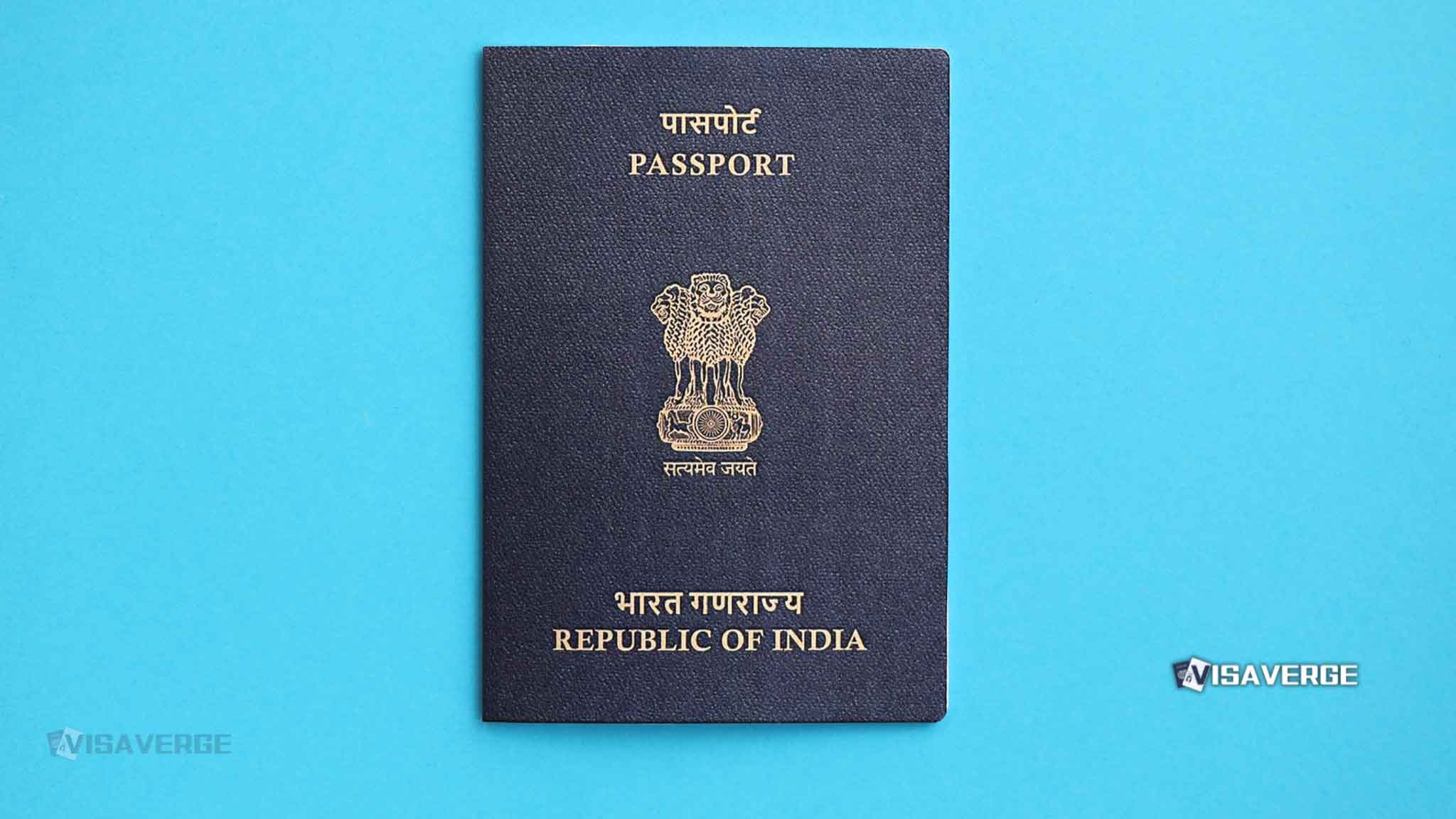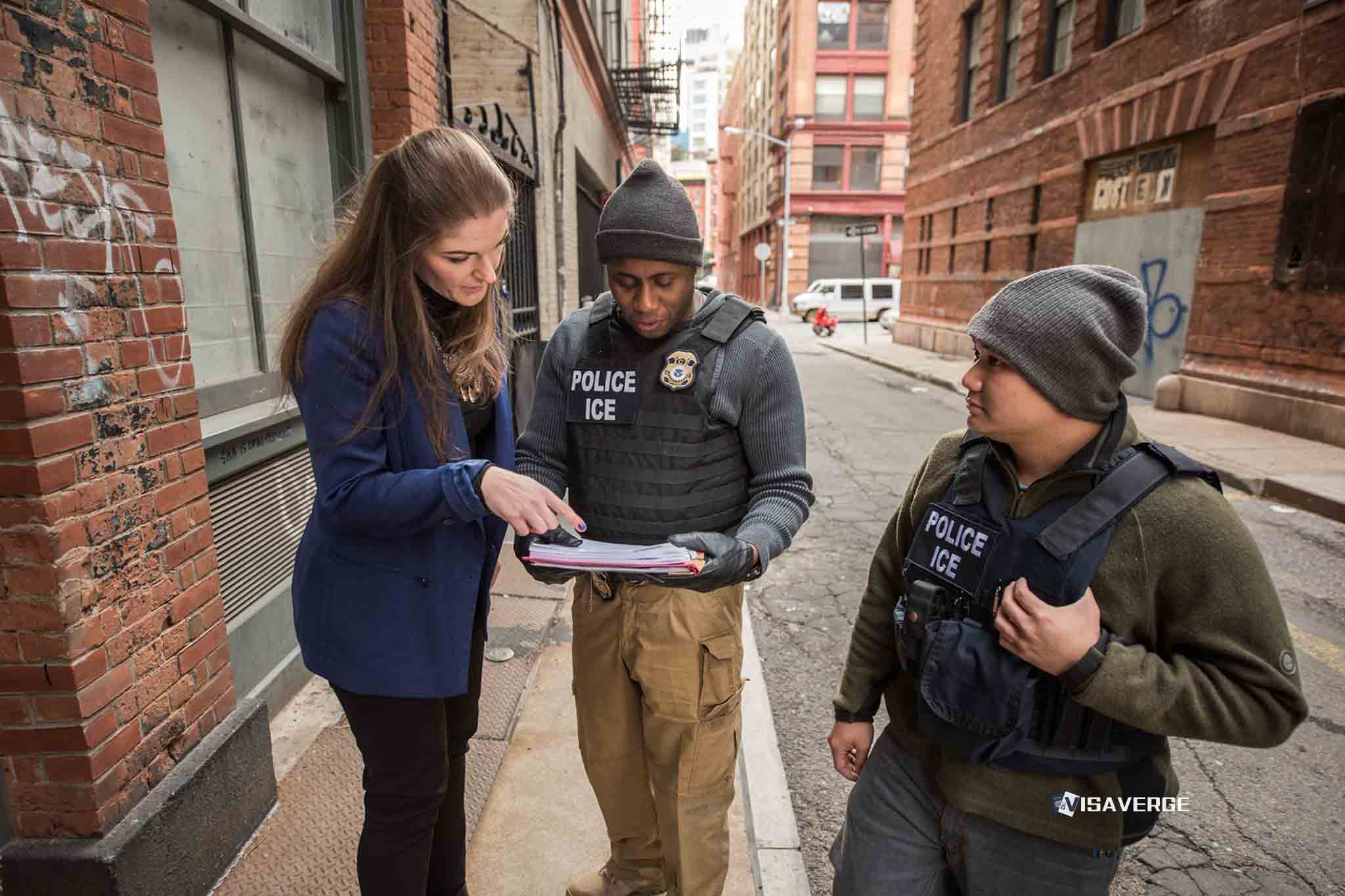(ISLINGTON, LONDON) Marcus Decker, a 36-year-old German national and Quaker climate activist linked to the Tottenham Meeting, won his deportation appeal on Monday, November 10, 2025, after an immigration tribunal in north London ruled in his favor at the end of a closely watched hearing. The decision, delivered immediately from the bench in an unusual show of certainty, halts efforts to remove Decker to Germany and could mark a key moment in how the United Kingdom treats foreign nationals convicted after protest actions tied to the climate crisis.
The case — which turned on whether deportation would be proportionate given Decker’s conduct, family ties, and the public interest — drew intense attention from rights groups, scientists, faith leaders, and politicians.

The 2022 protest and criminal sentence
Decker’s appeal arose from a 2022 protest in which he and fellow activist Morgan Trowland climbed the Queen Elizabeth II Bridge over the Dartford Crossing, unfurled a large Just Stop Oil banner, and remained in hammocks for nearly 40 hours.
The action caused widespread disruption as the major roadway was closed during their occupation of the bridge cables, approximately 60 metres above the Thames. A judge later sentenced Decker to two years and seven months in prison, a term that exceeded 12 months — the statutory threshold that triggers automatic deportation consideration under UK law for foreign offenders. He served 16 months and was released in February 2024.
Deportation framework and legal basis
While still in custody, Decker was served with a deportation order to Germany because his sentence fell within the statutory criteria for removal.
- The policy on automatic deportation stems from the UK Borders Act 2007, which requires making a deportation order for non-British citizens sentenced to 12 months or more, subject to limited exceptions.
- The UK government publishes an overview of this framework and the role of human rights considerations such as Article 8 (private and family life); guidance is available at gov.uk.
Decker, who holds pre-settled status in the UK under the EU Settlement Scheme, challenged the deportation on human rights grounds and on the basis that removal would not serve the public interest.
The tribunal hearing and immediate ruling
At Monday’s hearing, the immigration judge announced the outcome without delay, saying the written reasons would follow within about two weeks. Defence barristers from Matrix Chambers argued:
- Decker acted on his conscience and should be seen as a person with a strong moral compass, not a public threat.
- The case sits in a tradition of protest movements once condemned but later recognized for advancing social progress — defence counsel cited suffragettes and anti-apartheid campaigners as precedents.
The judge’s oral decision did not detail the full legal analysis but was clear enough to prompt visible relief among supporters in the public gallery.
“I feel this is a huge victory for the climate movement and for the laws protecting peaceful protest in this country as a whole,” Decker said after the ruling, thanking supporters and calling the outcome a relief for his partner, Holly, and their two stepchildren.
Family life and Article 8 arguments
A central strand of Decker’s case was the impact deportation would have on his family life in Britain.
- Legal team arguments:
- Deportation would be disproportionate and breach his right to a private and family life under Article 8.
- Removal would cause serious hardship to his household and separate a committed stepfather from children who rely on him.
- Decker has integrated into community life (including his Quaker meeting) and has no links to violence.
- Home Office position:
- The deportation order aligns with Parliament’s direction that foreign nationals sentenced to more than a year in prison should, normally, be removed in the public interest.
Public and international support
The level of public backing for Decker was striking and added an international dimension to the case:
- The tribunal received a 10-page submission from UN special rapporteur on environmental defenders Michel Forst, opposing deportation.
- Supporters say 22 Nobel Prize laureates joined 562 artists (actors, musicians and others) to express concern over the deportation.
- Notable supporters included former cabinet minister Lord Hain, former chief scientific adviser Sir David King, actress Juliet Stevenson, and former Archbishop of Canterbury Rowan Williams.
- Naturalist and TV presenter Chris Packham stood with Quakers outside the hearing in a silent meeting for worship — a quiet show of solidarity.
Context: Just Stop Oil and enforcement implications
The protest at the heart of the case is among the most widely discussed actions by Just Stop Oil, an activist network known for:
- Traffic blockades
- Road marches
- High-profile stunts demanding an end to new fossil fuel projects
Police eventually removed Decker and Trowland from the bridge after almost 40 hours. Prosecutors argued the resulting disruption warranted a serious custodial sentence, which in turn triggered the mechanisms of automatic deportation.
Analysis by VisaVerge.com notes the 12-month threshold as a long-standing bright line in UK immigration enforcement. Cases that cross it often hinge on whether human rights or compelling circumstances outweigh the public interest in deportation.
Potential appeal and next steps
The Home Office is likely to appeal the ruling. Possible consequences of an appeal include:
- Keeping the case alive through further tribunal hearings.
- Sending it to the Upper Tribunal on points of law.
- Testing how tribunals balance:
- The nature of the conduct,
- The level of public disruption, and
- An individual’s family and private life.
For campaigners, further litigation is a reminder that courtroom wins can be provisional. For Decker, the immediate decision offers breathing space after years of legal and personal strain.
Wider significance and reactions
The ruling lands amid a tense public environment balancing:
- Frustration over protest disruption versus
- Growing alarm over the climate emergency.
Key considerations:
- Ministers face pressure to deter major infrastructure blockades.
- Tribunals must weigh human rights claims and draw lines between punishment, public interest, and the rights of people with deep ties to the UK.
- Decker’s pre-settled status recognizes residence rights but does not shield individuals from criminality-based deportation rules.
Supporters said the tribunal recognized that deportation would have been a blunt tool for a case rooted in peaceful — if disruptive — protest. Critics maintain that serious disruption should carry serious consequences and that the 12-month threshold should be applied strictly.
What happens next
- The written judgment, expected within about two weeks, will reveal the tribunal’s detailed reasoning and may shape how similar cases are argued in future.
- Whether or not the Home Office appeals, Monday’s decision will ripple through activist circles and legal practice alike, influencing how lawyers frame the balance between protest, punishment, and deportation.
As legal processes continue, the immediate human story remains: Decker left court able to return to his role as a partner and stepfather, at least for now, while the Home Office considers its next move. The banner that once billowed above the Thames has, for the moment, given way to a quieter message from the tribunal bench: in this case, removal would go too far.
This Article in a Nutshell
An immigration tribunal in north London allowed Marcus Decker’s deportation appeal on November 10, 2025, after he was convicted for a 2022 Just Stop Oil bridge protest. Decker served 16 months of a two‑year‑seven‑month sentence that exceeded the 12‑month automatic deportation threshold. The tribunal concluded that deportation would be disproportionate considering his family life, pre‑settled status and public interest factors. The Home Office may appeal; written reasons are expected within about two weeks and will clarify legal balancing of protest, punishment and rights.













